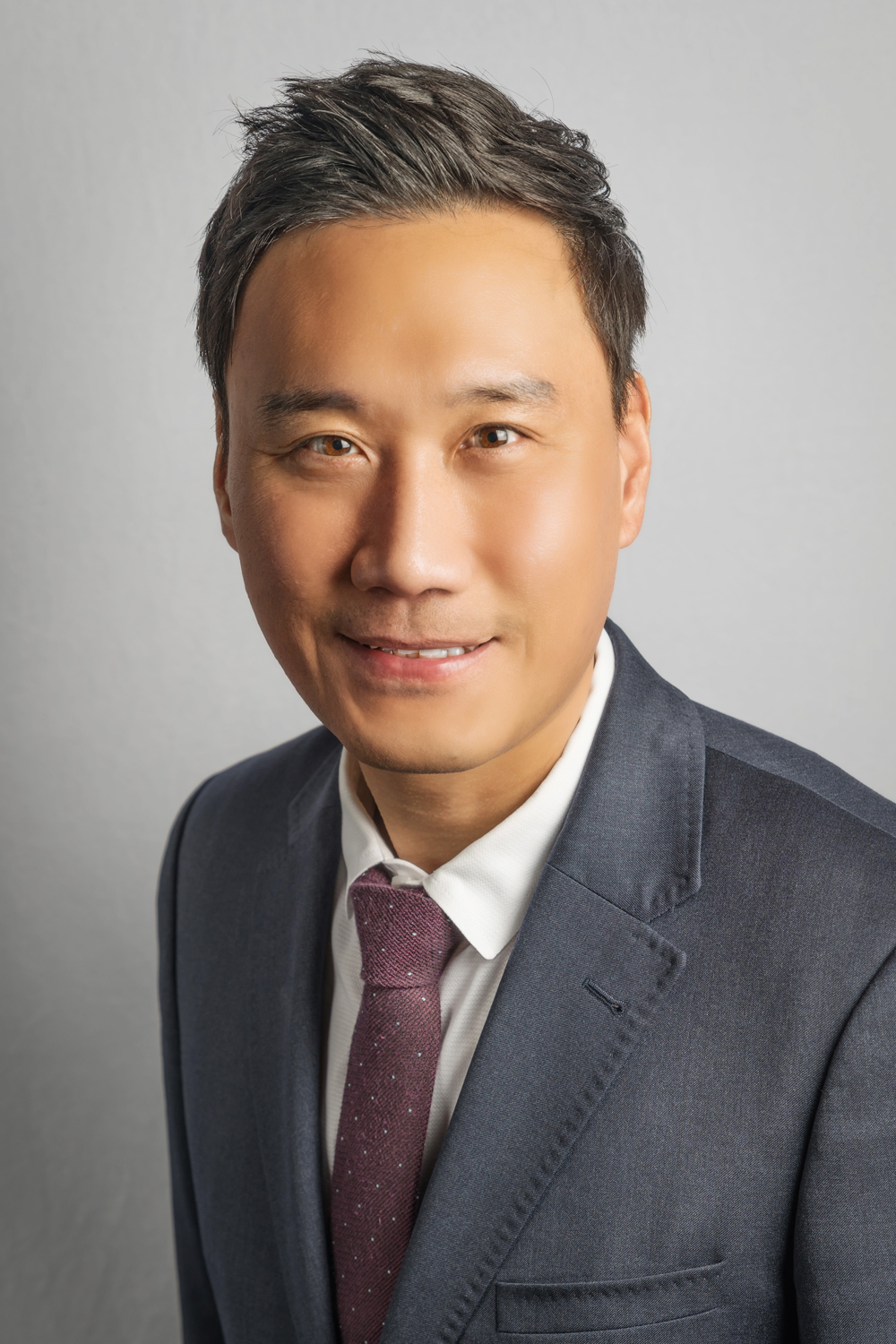In February, the Texas Tech University System announced its 2022 Chancellor's Council Distinguished Teaching and Research Awards
to honor outstanding faculty members who provide exceptional opportunities for students
both in and out of the classroom. Among the winners was Jaehoon (Jason) Lee of the
College of Education.

Jaehoon (Jason) Lee is an associate professor in the College of Education's Department of Educational Psychology, Leadership and Counseling (EPLC), where he coordinates the Educational Psychology (EPSY) degree programs for graduate students. Additionally, he is a faculty associate at the Texas Tech University Health Sciences Center's Center of Excellence for Integrative Health and an adjunct associate professor of psychiatry at the Baylor College of Medicine.
Prior to joining Texas Tech, Lee obtained his doctorate in quantitative psychology from the University of Kansas in 2009, his master's in experimental psychology from Western Illinois University in 2003 and his bachelor's in industrial and organizational psychology from South Korea's Sungkyunkwan University in 2001.
Lee's statistical and psychological research has been widely published in scientific and medical journals, and his advancements in the field of research methodology could alter the way we approach and understand scientific research. For his far-reaching contributions to the scientific community, Lee has been honored with a 2022 Chancellor's Council Distinguished Research Award.
The Chancellor's Council Distinguished Teaching and Research Awards are given to individuals who exemplify teaching or research excellence and who have significantly advanced teaching or research efforts and are noted as leaders among colleagues and in their respective fields. Established in 2001, they are the highest honors given to Texas Tech University System faculty members.
Can you describe your research and its impact, both in academics and society?
I believe methodology and applied research are symbiotic endeavors. Advances in methodology are of limited value unless they are routinely utilized by applied scientists and educators. Thus, my research involves evaluating research methods for their performance in complex or ‘less favorable' data environments. Another line of my research is adapting advanced modeling techniques to real-life questions in various fields, including education, psychology, human and social science, special populations, public and mental health, medical science, brain imaging and biomechanics. I believe my research activities are making contributions not only to the methodology, measurement and data science communities by introducing innovative modeling approaches and readily available utilities, but also to other fields by offering practical guidelines that help applied scientists and practitioners use state-of-the-art techniques for solving their questions in real-life settings.
What projects are you working on at this time?
I'm currently running a series of Monte Carlo simulation studies on propensity score methods (PSM) and multilevel/Bayesian latent variable modeling. For example, I have developed and am evaluating principal component scores based on PSM that would improve the efficiency and sensitivity of PSM, especially when there are a large number of potential covariates.
What areas are you interested in for future research?
I'm hoping to design algorithms that efficiently extract and analyze psychological and biomedical information from virtual reality (VR) machines. My lab and I have been collaborating with colleagues at Baylor College of Medicine and the University of Connecticut for this project.
What rewards do you get from teaching?
Among the many rewards I get from teaching, my favorite is getting to celebrate the milestones of my students – big and small accomplishments throughout the day and school year. I am happy to watch my current and former students grow, and I am proud to be part of the process of getting them to where they are today.
What motivated you to pursue a career in academia?
When I was in my undergraduate program in Korea, there was one course, factor analysis, that I just loved so much. I couldn't stop asking the professor, Dr. Soonmook Lee, for additional material – not for grading, really, just for my own pleasure. Later, the professor helped me apply for graduate programs in the U.S. and eventually I was offered a scholarship. It was my childhood dream to be paid to go to graduate school.
How has Texas Tech helped you advance your research and teaching?
Texas Tech helped me in many different ways, including funding support for research and equipment, a flexible teaching schedule, great colleagues, leadership, collegiality and excellent students.
Who has had the biggest impact on you and your career, and why?
Todd D. Little, a professor of educational psychology at Texas Tech. He was my graduate school adviser, the supervisor of my first job at the University of Kansas and is now my mentor and colleague at Texas Tech. He gives unwavering support and confidence as I am pursuing my career in academia. He always cares for my comfort and happiness.
